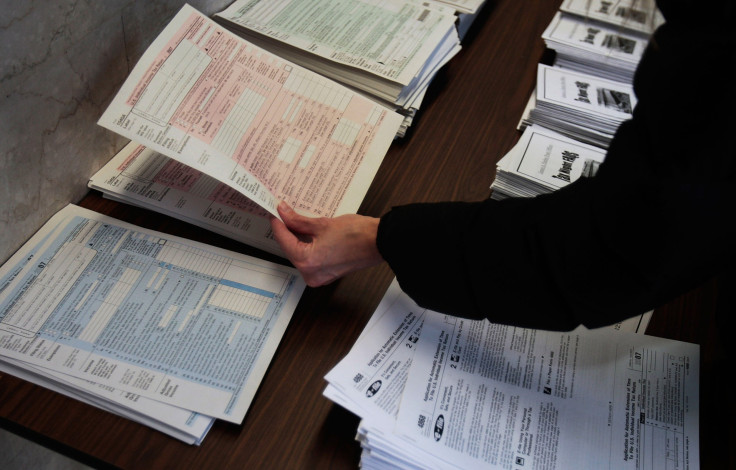Social Security News: Are Your 2020 Taxes Going Up?

Social Security plays a vital role in every American's financial life. For retirees and those who suffer disabling injuries and illnesses during their careers, the benefits that Social Security pays can be crucial in helping them make ends meet. Yet those benefits come at a cost, and working Americans pay taxes out of their paychecks year in and year out to go toward paying current recipients of the program.
Social Security payroll tax rates have stayed constant since 1990, and that will again be the case in 2020. However, the amount of earnings that's subject to the payroll tax will rise significantly, and that will cause the total tax that more than 11 million Americans pay to go up by almost $300 next year.
The basics of Social Security's payroll tax system
Anybody who gets a paycheck knows that they lose some of their earnings to various taxes. Money typically gets withheld for federal income tax as well as any state income tax that applies to your earnings. In addition, employers take out money to cover employees' share of Social Security's payroll tax as well as the corresponding withholding for Medicare taxes.
For 30 years now, the payroll tax rate for Social Security has been 6.2%. Employees pay that amount, and employers pay another 6.2% out of their own pockets. That adds up to 12.4%, so if you're a gig worker or are otherwise self-employed, then you'll end up paying a combined 12.4% in total Social Security payroll taxes.
Even though the payroll tax rate has stayed the same, the Social Security Administration typically boosts the amount of earnings that's subject to the tax. This happens annually, and it's determined by changes in the prevailing wages paid to workers across the U.S. economy.
As part of its annual announcement regarding inflation adjustments, the Social Security Administration just said that the 2020 Social Security wage base would go up to $137,700. That's an increase of $4,800 from where it was in 2019.
Figuring out the most you'll pay in Social Security payroll taxes
Figuring out the exact impact on your Social Security payroll taxes is just a matter of math. Here's what you need to know:
- If you make less than $132,900 in both 2019 and 2020, then the only difference in the payroll taxes you pay will be due to changes in earnings. Put another way, if your salary is the same both years, you'll pay exactly the same amount in payroll taxes.
- If you make more than $137,700 in both 2019 and 2020, then your Social Security payroll tax will rise. An extra $4,800 will be subject to the 6.2% tax, resulting in an extra $297.60 in taxes. That'll raise your total taxes paid to $8,537.40.
- If you make between $132,900 and $137,700 in 2019 and 2020, then your tax increase will be somewhere between $0 and $297.60. Exactly how much will depend on where in that range you fall.
Lastly, keep in mind that your employer will face the same size of Social Security payroll tax increase you do. Self-employed could end up taking a double hit, bearing the entire $595.20 increase themselves.
You're not alone
Of course, many people don't come close to earning $137,700 and maxing out their Social Security payroll tax. But according to the latest data from Social Security, the number of people having maximum earnings rose to more than 11 million. If that trend continues, it's possible that even more workers will end up taking that $297.60 tax hit next year.
Moreover, about 760,000 self-employed workers earned at least the maximum earnings subject to Social Security payroll tax in the most recent year for which data's available. Those folks could see their total Social Security self-employment taxes rise to more than $17,000.
More increases are coming
There's nothing unusual about these Social Security payroll tax increases. But as long as the economy stays strong, high-earning workers can expect to pay a bit more in taxes in the years to come.
This article originally appeared in the Motley Fool. The Motley Fool has a disclosure policy.











